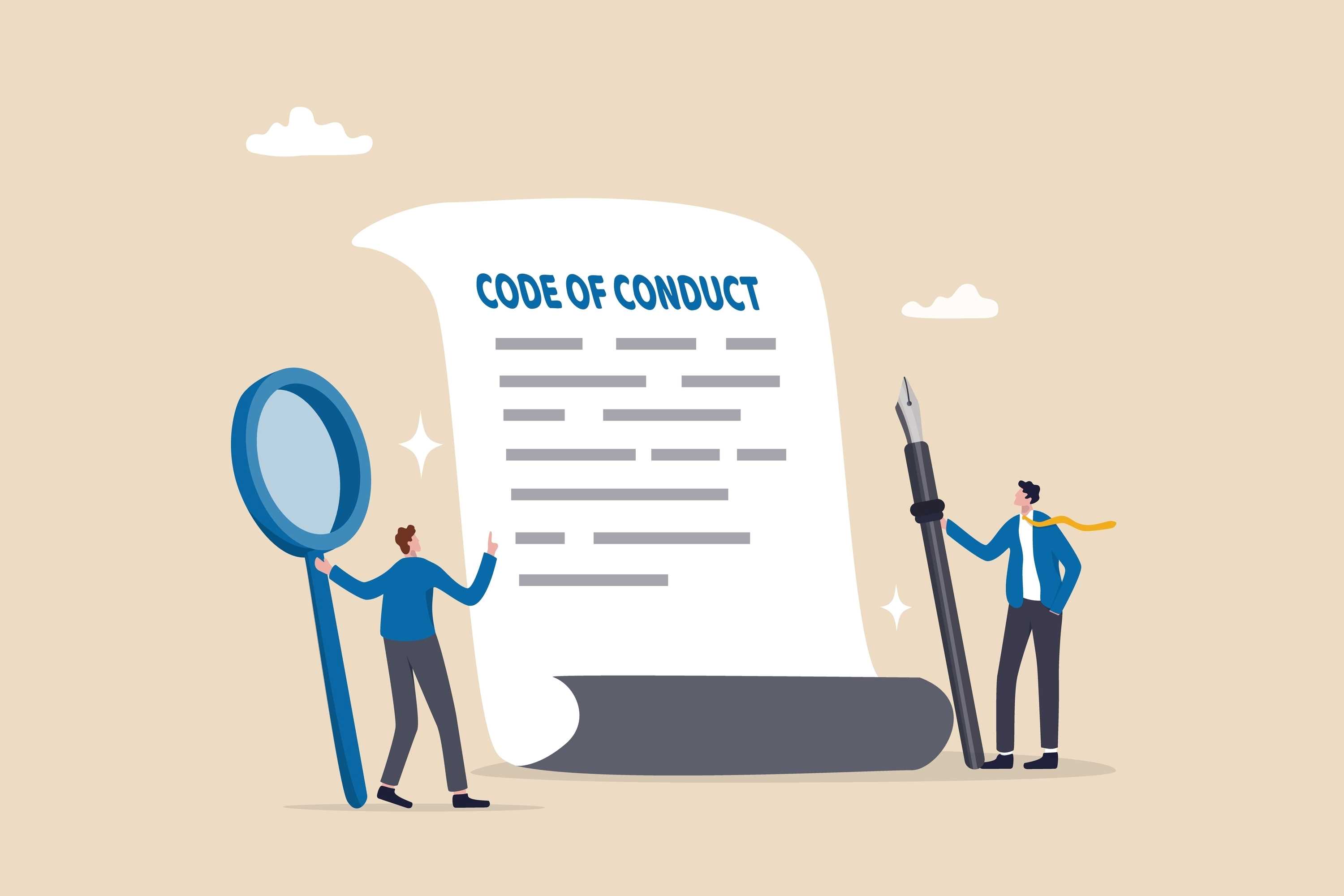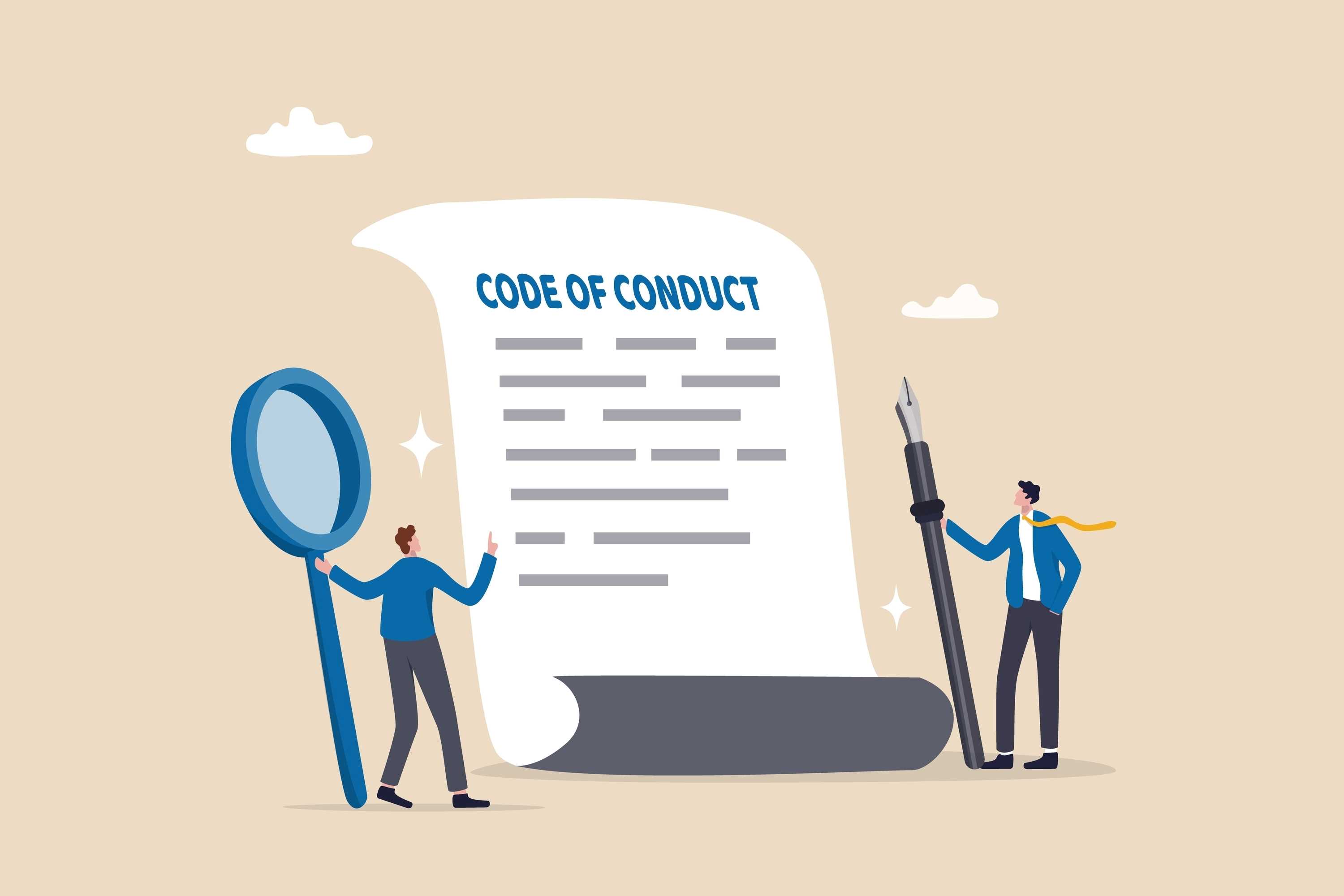2023 Review of the Franchising Code of Conduct
On 23 August 2023, the Government released the Consultation Paper for the 2023 review of the Franchising Code of Conduct.

The long awaited dispute resolution provisions under the Franchising Code of Conduct (the Franchising Code) came into force on 2 June 2021.
These new dispute resolution provisions arise from the Parliamentary Joint Committee Fairness in Franchising Report released in March 2019 and the Government Response to the Fairness in Franchising Report released on 20 August 2020.
As foreshadowed by the Government in the response to the Fairness in Franchising Report and the Exposure Draft, the amendments to the Franchising Code include conciliation as a dispute resolution process.
Under the new amendments, franchise agreements will be required to include a complaint handling procedure which incorporates conciliation and multi franchisee dispute resolution in addition to mediation.
The Franchising Code has also been amended to include arbitration as a voluntary dispute resolution process.
Consequently under the new Division 3 of the Franchising Code there are now three forms of alternative dispute resolution. Mediation, where the mediator assists the parties to settle but does not provide advice or decide the dispute, conciliation, where the conciliator not only assists with settlement but takes an advisory role and arbitration, where the arbitrator determines the dispute.
Multi Franchisee Dispute Resolution
Clause 40A of the Franchising Code replaces the previous clause 38.
Clause 40A(1) and 40A(2) of the Franchising Code operate in the same manner as the previous clause 38(1) and clause 38(2) that is, where there is a dispute between the parties:
(1) The complainant must tell the respondent in writing:
(2) The parties must then try to agree how to resolve the dispute.
Clause 40A(3) of the Franchising Code provides that if parties cannot agree how to resolve the dispute within 21 days, any party may refer the matter to an ADR practitioner for an ADR process under:
An ADR process is defined as conciliation or mediation.
An ADR practitioner is defined as a conciliator or mediator.
The addition of conciliation will assist in the resolution of disputes as ADR practitioners will be able to:
Clause 40B of the Franchising Code deals with multi-franchisee dispute resolution.
Clause 40B applies if 2 or more franchisees have corresponding disputes under their franchise agreements with the same franchisor.
Clause 40B(3) of the Franchising Code further provides:
To avoid doubt, if any of the franchisees and the franchisor cannot agree how to resolve their disputes, all of the franchisees (who cannot agree) or the franchisor may refer the matter to a single ADR practitioner in accordance with subclause 40A(3) for a single process for all of their disputes.
Even though there is a single ADR process dealing with the disputes, each of the disputes remains separate.
In addition to clause 40B(4), clause 40B(6) of the Franchising Code requires the franchisor to attend the ADR process if multiple franchisees request that a matter is resolved under the same ADR process and the ADR practitioner decides it is appropriate to resolve all of the disputes together.
From a franchisee perspective, multi-franchisee dispute resolution is desirable to allow franchisees to share costs and strengthen their position.
The Arbitration procedure set out in Subdivision C of Division 3 of the Franchising Code will apply if the complainant and the respondent agree, in writing, to have a dispute resolved by arbitration conducted in accordance with Subdivision C.
The written agreement may be the franchise agreement or may be a separate agreement.
If the complainant and the respondent agree in writing to have the dispute resolved by arbitration in accordance with Subdivision C, clause 43B(2) of the Franchising Code provides that the parties must request the Ombudsman to appoint an arbitrator for the dispute.
Under clause 43B(3) the parties can request that the Ombudsman appoint a particular arbitrator agreed on by the parties. This is a further amendment that has been included after the provision of the Exposure Draft. The Franchising Code does not specify procedural rules applicable to arbitration under Subsection C, and an arbitral award cannot be challenged on the basis of an error of fact or law, consequently it is important that the parties have the ability to choose the arbitrator.
Given the advantages and disadvantages of arbitration, it remains to be seen whether arbitration will be utilised as a dispute resolution procedure under the Franchising Code.
Disclaimer
The information in this article is general in nature and is not intended to address the circumstances of any person or other entity. Although we do our best to provide timely and accurate information, we do not guarantee that the information in this article is accurate or that it will continue to be accurate in the future.

On 23 August 2023, the Government released the Consultation Paper for the 2023 review of the Franchising Code of Conduct.

On 7 May 2024, the Minister for Small Business, the Hon Julie Collins MP, released the Australian Government's response to the Independent Review of...

On 8 February 2024, the Minister for Small Business, the Hon Julie Collins MP, released the Independent Review of the Franchising Code of Conduct by...